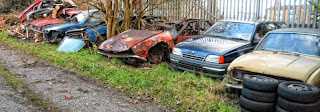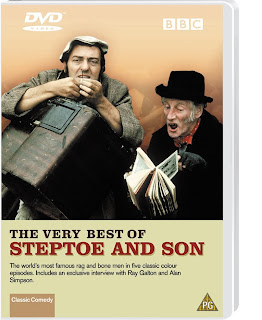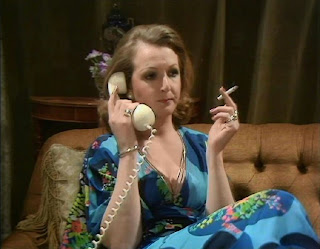Seventies TV: Some Mothers Do 'Ave 'Em

Picture credit: http://www.steve-p.org/sm/smdae1.htm It is actually with a sense of relief that I come to cast my jaundiced eye over one of the sacred cows of 1970s television. There has been a hiatus in these series of posts, not because I've stopped watching 1970s TV, but because I've been watching some shows that have left me with nothing frankly to say. Porridge left me unmoved. I remember liking this as a child, but now find it the sort of television that goes on in the background, & you just pay no attention to. Man About the House is new to me, but I find that beyond saying that it's about not getting it & that a lot of unnecessary fuss is made about mixed-sex flat-sharing, I have nothing to say about it. Similarly, Only When I Laugh, which is another series that started in the 1970s & carried on into the 1980s, I remember as boring with the odd contrived laugh. I'm now more prepared to view it as a situation comedy, but really it isn't doing a...







